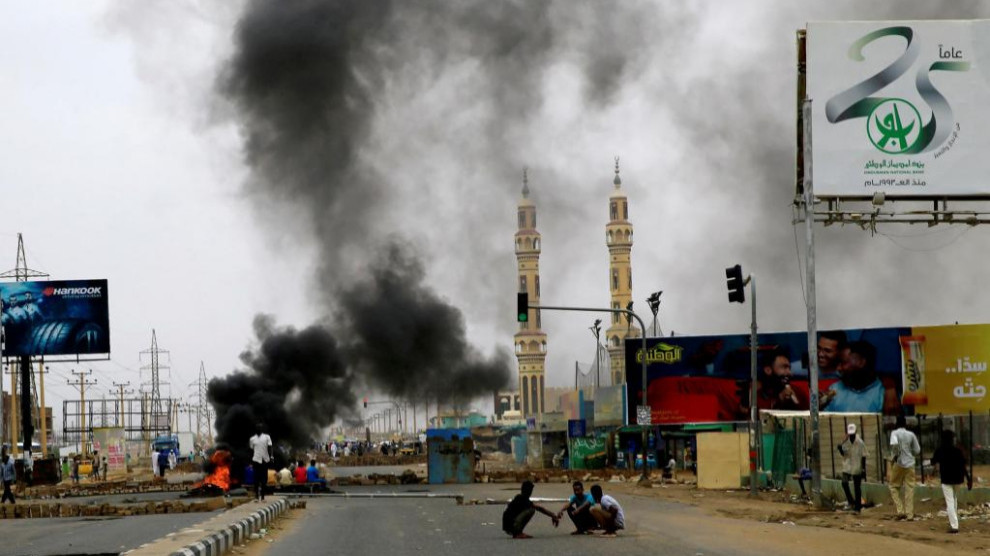The African Union suspends Sudan as a member country
After Monday's bloody repression of a civil protest camp in Khartoum, the African Union has suspended Sudan as a member country.
After Monday's bloody repression of a civil protest camp in Khartoum, the African Union has suspended Sudan as a member country.

The response of the African Union (AU) to the violent military repression against the civil protest camp established in the vicinity of the General Army Headquarters in Khartoum and the suspension of the transition agreement with the Alliance for Freedom and Change, has been rapid and forceful.
The regional body has immediately suspended Sudan as a member, at the same time announcing the urgent delivery of an emissary to the Sudanese capital giving the Military Board a deadline to reinstate "a transitional authority led by civilians", with the warning that otherwise the UA would establish sanctions against it.
On Monday, troops of the so-called Rapid Support Forces (formed by members of the Janjawid paramilitary militias) commanded by the second Chief of the Military Junta, General Mohamed Hamdan Gagalo, evicted the civil camp in a violent way, through the indiscriminate use of firearms against demonstrators.
According to official media, the result of the repression was of at least 46 deaths, however sources of the Committee of Sudanese Physicians say that the deaths reached 108, while those injured by firearms amount to more than 500.
Parallel to the repression, the Military Junta announced the suspension of negotiations with the opposition and the rupture of the transition agreement which established a three-year transitional government until elections were held.
The violent blow given by the leadership of the Armed Forces is directly motivated by its pretension to head the aforementioned Transitional Government, which had been rejected by the Alliance for Freedom and Change.
The consequences of last Monday's repressive action by the Army have revealed not only the internal components of a complicated internal transition, but also the regional and international struggles surrounding the political situation in this extensive, sparsely populated and "impoverished" African country, rich in natural resources and endowed with a strategic geographical position for other regional and international actors.
The evolution of the events and positions around Sudan will have to be followed closely because apart from the current and clear position of the AU on the subject, it is necessary to bear in mind that the Sudanese Army appears to be, for some, the only solid and reliable institution in the face of a potential democratic transition with consequences, both internally and regionally, difficult to calculate.
In this regard, it should be noted that the powerful and unpredictable Crown Prince of Saudi Arabia, Mohamed bin Salman, met days before the repressive action precisely with its executor, General Mohamed Hamdan Dagalo, thus endorsing the legitimacy of the Military Junta, with which it shares an active "Sunni Islam" that applies Sharia as a civil code as well as the Red Sea coasts where the aggression against Yemen is taking place.
For very different reasons but similar results may be the position of China, with strong investments and projects in the country, or Russia that has always maintained fluid relations, including military collaboration, with the military authorities of the African country. So that both China and Russia directly vetoed a resolution condemning the bloody repression on Monday, presented at the UN Security Council.
For the moment both the US and the main EU countries do not seem to have a clear position and seem rather watching the evolution of events, while condemning the bloody repression of last Monday.